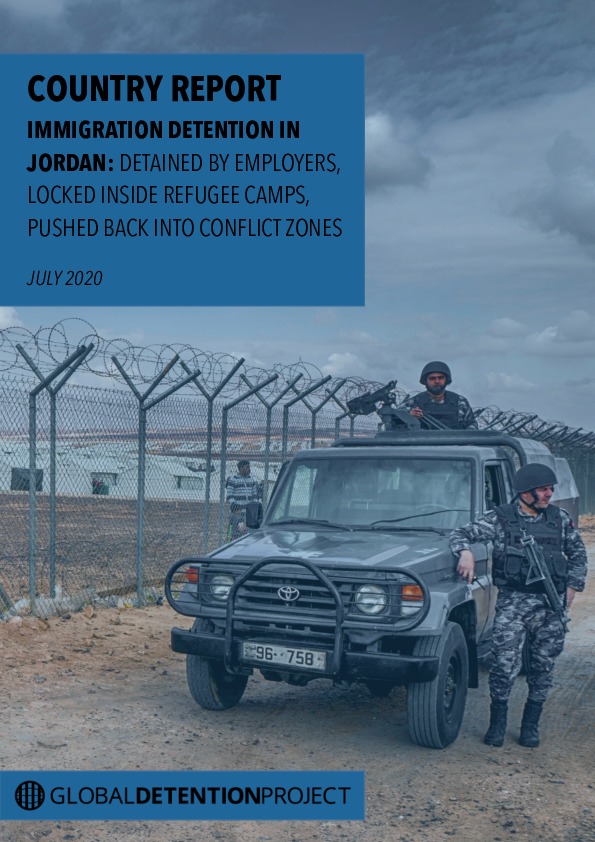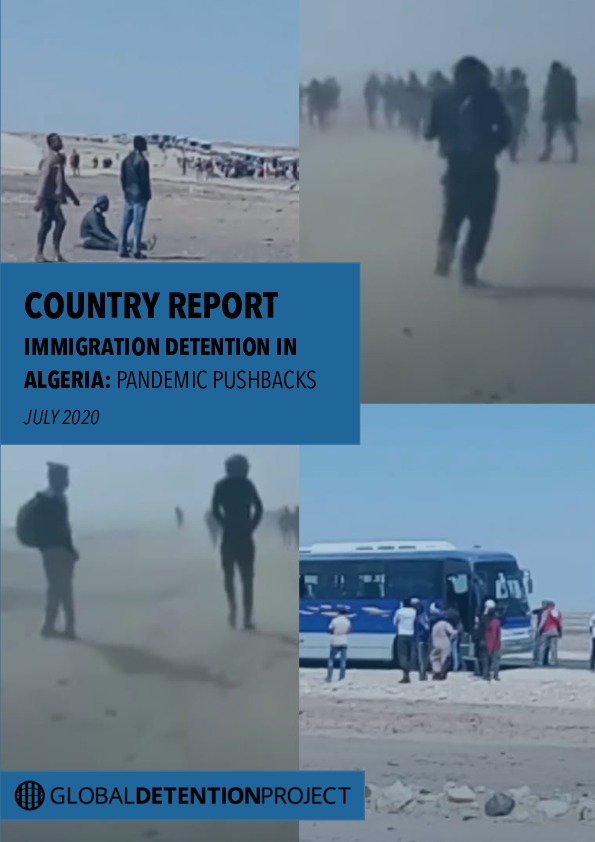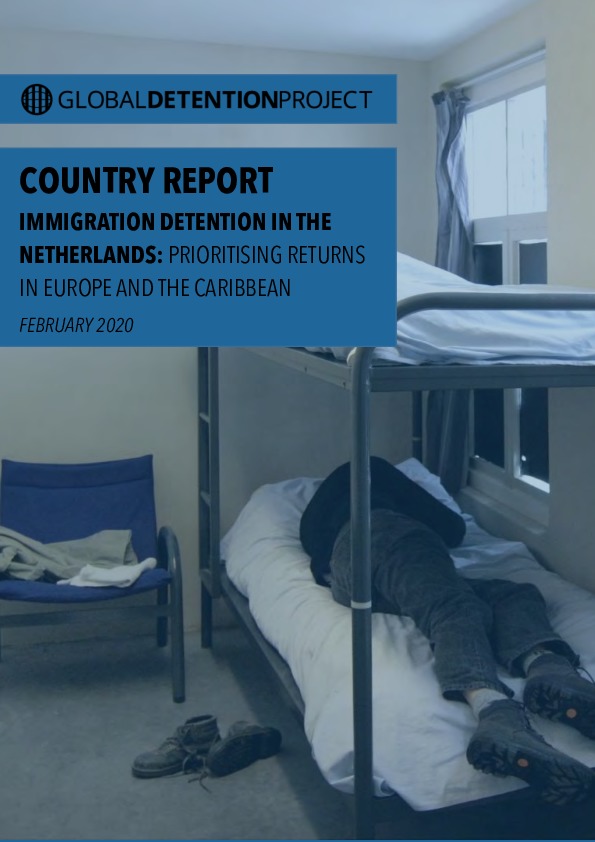The MENA Rights Group and the Global Detention Project jointly issued a report to the Human Rights Committee as part of the committee’s follow up procedure its third periodic report on Lebanon’s implementation of the International Covenant on Civil and Political Rights. […]
Asylum seekers and refugees
Immigration Detention in Morocco: Still Waiting for Reforms as Europe Increases Pressure to Block Migrants and Asylum Seekers
Morocco has long prided itself for defending the rights of migrants and asylum seekers, a reputation it sought to reprise when it took a leadership role in the negotiations over the Global Compact for Migration, adopted in Marrakech in 2019. However, this reputation has repeatedly been tarnished as criticism has grown over its treatment of asylum seekers, refugees, and migrants […]

Immigration Detention in Germany: From Open Arms to Public Backlash
During the height of Europe’s migration “crisis,” Germany was one of the few EU countries to openly embrace assisting refugees, registering more than a million arrivals in less than two years. However, this stance spurred a public backlash, which led to the adoption of a host of restrictive measures, including policies intended to increase removals, limit family reunifications, and expand the range of facilities that can be used to detain migrants. […]

Immigration Detention in Jordan: Detained by Employers, Locked Inside Refugee Camps, Pushed Back into Conflict Zones
Jordan has long played an important role in hosting refugees from neighbouring Arab states and has the second-largest share of refugees per capita worldwide. Although the country has at times been praised for its reception practices, arrests, forced deportations—including into the Syrian conflict zone—and poor conditions of detention remain critical concerns. […]

Immigration Detention in Algeria: Pandemic Pushbacks
Reports from international organisations and other observers indicate that Algeria has, during the past decade, employed increasingly punitive methods to limit the entry and stay of refugees, asylum seekers, and undocumented migrants. Sometimes under threat of violence, tens of thousands of people—including women and children—have been forcibly deported in desert areas bordering Mali and Niger. […]

Immigration Detention in Hungary: Transit Zone or Twilight Zone?
Hungary’s efforts to block asylum seekers were at the centre of an important May 2020 European Union Court of Justice ruling concerning its “transit zone” detention sites, located along the border with Serbia. For years, Hungary refused to acknowledge that people were “detained” in these facilities, going so far as to refuse the UN Working Group on Arbitrary Detention entry during its visit to the country in 2018. […]

Immigration Detention in Belgium: Covid-19 Puts the Brakes on an Expanding Detention System
Belgium has adopted increasingly hardening immigration and asylum policies, including an expansion of its detention system. But the Covid-19 crisis has spurred the country to temporarily reduce its immigration detention capacity by half, to some 300 beds, while the Immigration Office has temporarily halted the registration of new asylum seekers. In 2017, the government back-peddled on an earlier commitment to stop detaining children when it opened new “family units” inside detention centres. […]

Immigration Detention in Tunisia: Shrouded in Secrecy
Foreigners in Tunisia, particularly those from sub-Saharan Africa, face endemic racism, little or no possibility of seeking asylum because the country has yet to adopt a refugee protection regime, and pushbacks into Libya and Algeria. There is little transparency with respect to detention conditions of migrants and refugees or their treatment in border regions. Although the country had begun implementing measures in March 2020 to safeguard staff and inmates at the country’s prisons in response to the Covid-19 crisis, no such measures appear to have been taken with respect to people detained for immigration reasons. […]

Immigration Detention in the Netherlands: Prioritising Returns in Europe and the Caribbean
The Netherlands places increasing numbers of foreigners—including asylum seekers, families, and children—in detention. The country’s Caribbean territories—specifically, Aruba and Curaçao—have also ramped up their removal efforts in recent years as thousands of Venezuelans have sought refuge on the islands. […]




